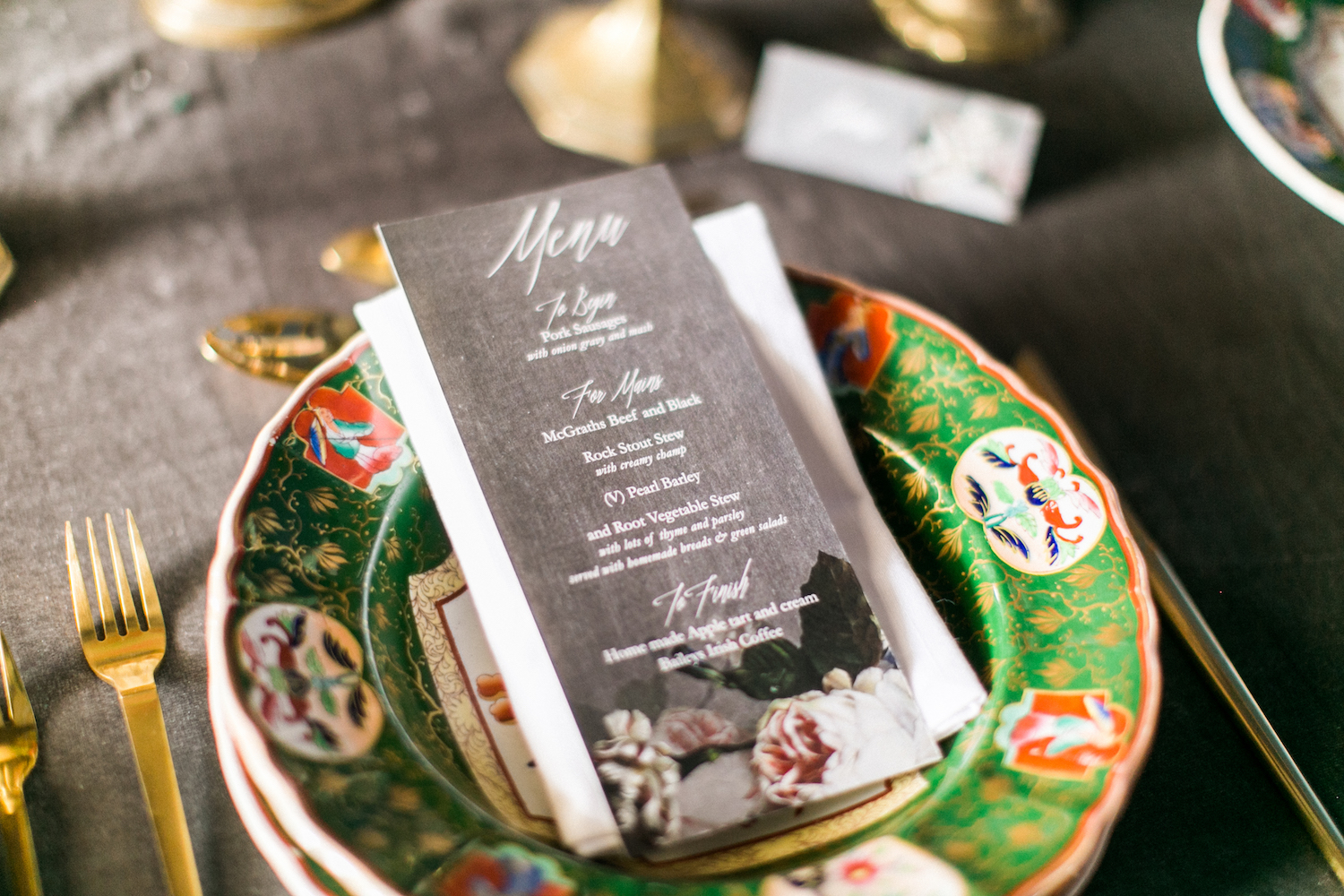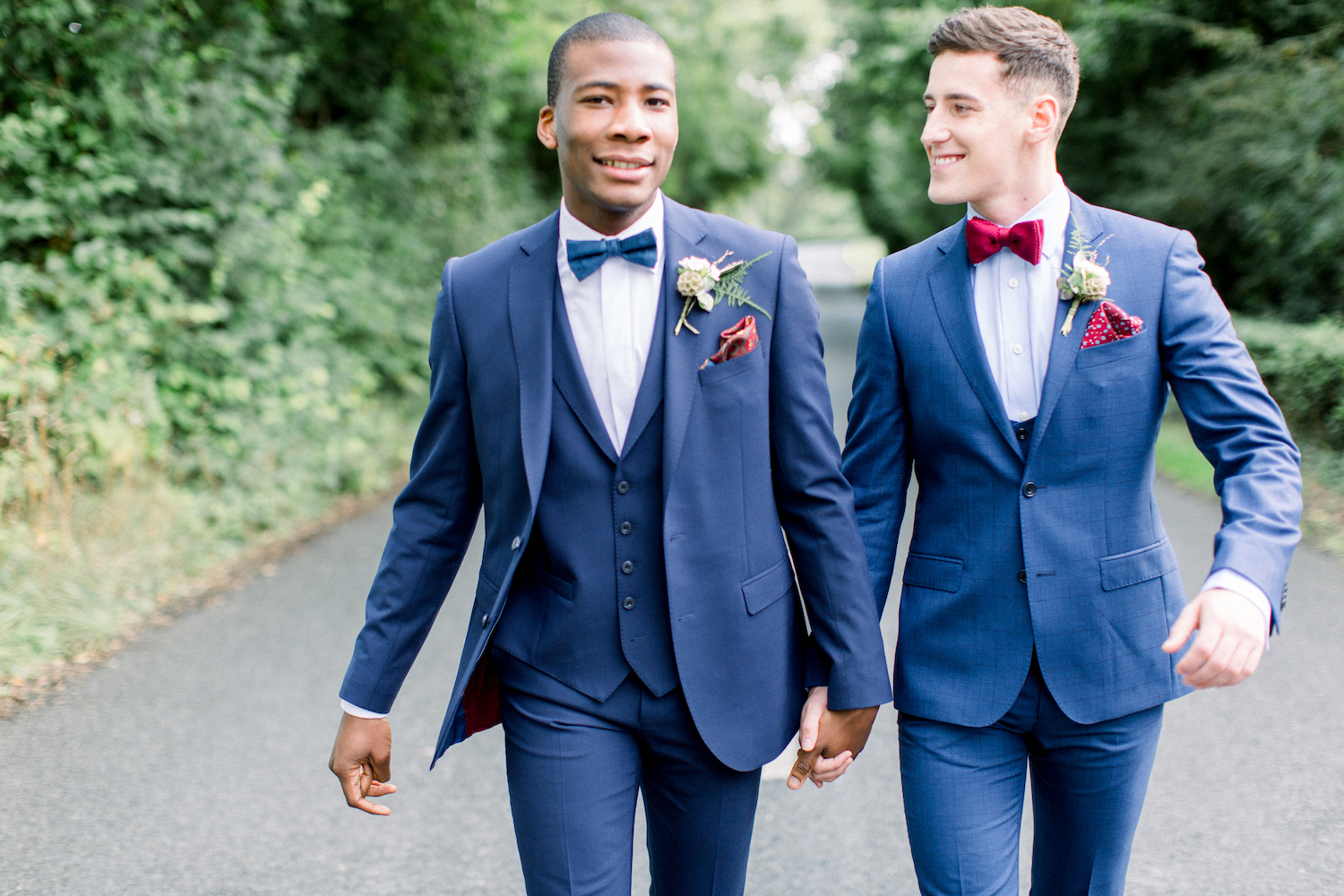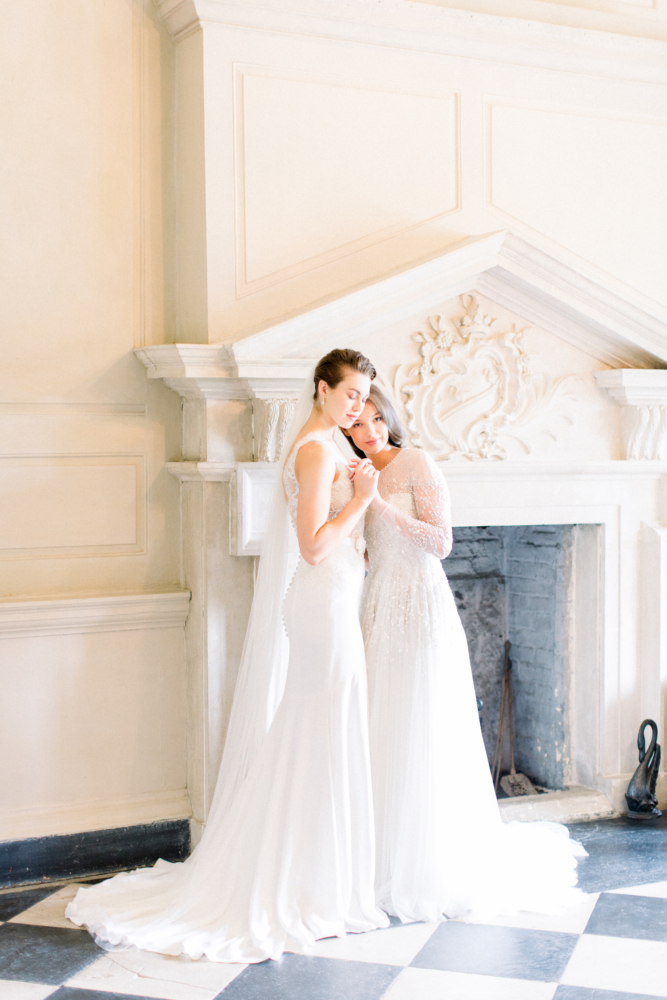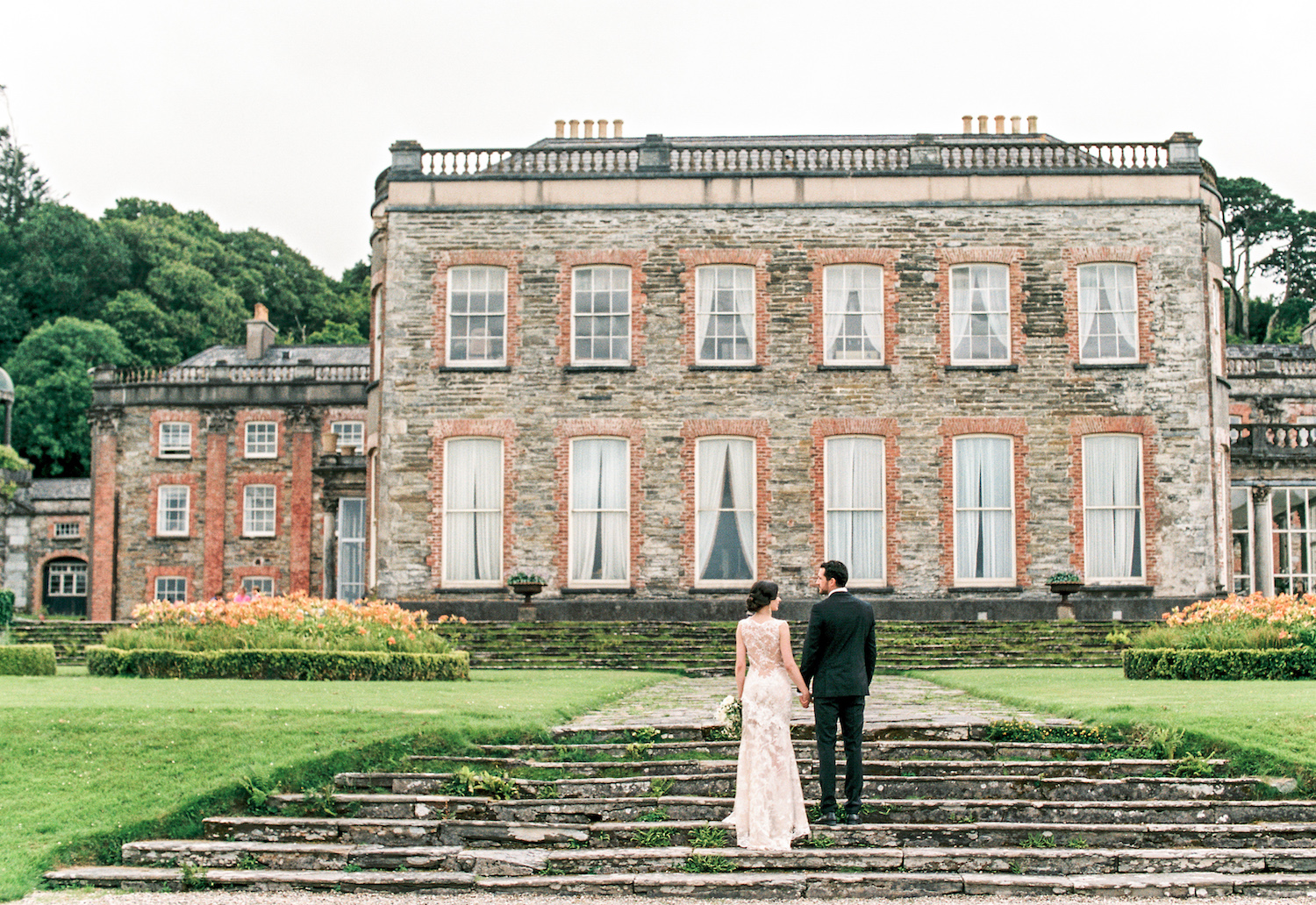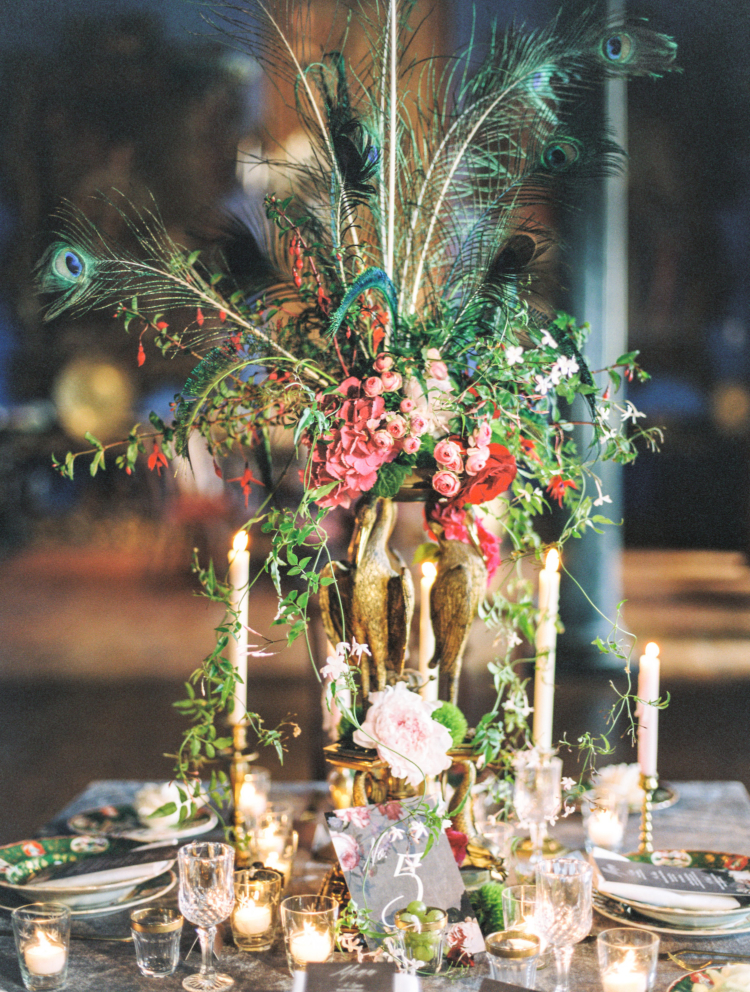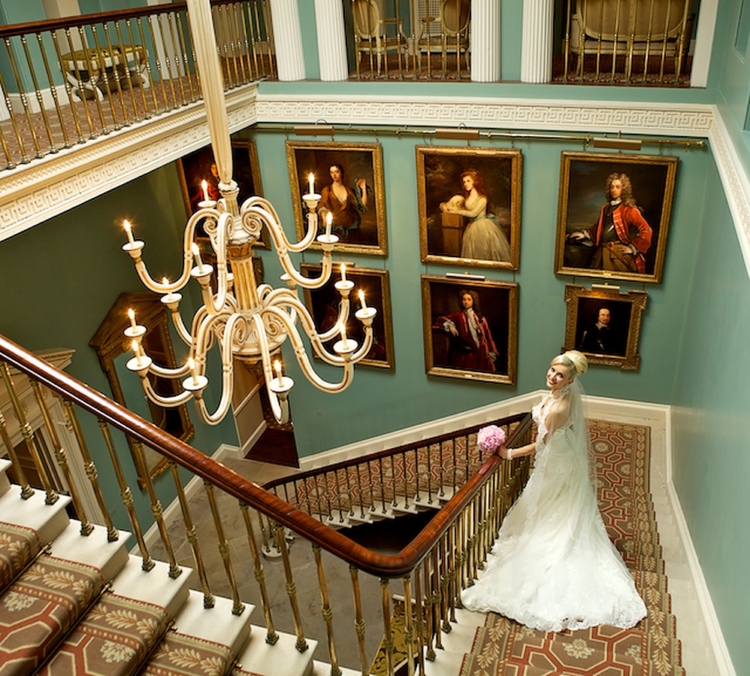If you ask guests what they remember most about a wedding, food will always be high up on the list. A wedding menu should be delicious, beautifully presented, and in keeping with the tone of the event, in order to give guests the very best experience. So if you’re planning a destination wedding in Ireland, there’s no better way to celebrate than with a proper Celtic feast. Or perhaps you’re planning a micro wedding at home before coming to Ireland for your wedding in the near future? If so, you may want to give guests a taste of the Emerald Isle. Either way, here are some top tips for how to create a delectable Irish wedding menu for your big day.
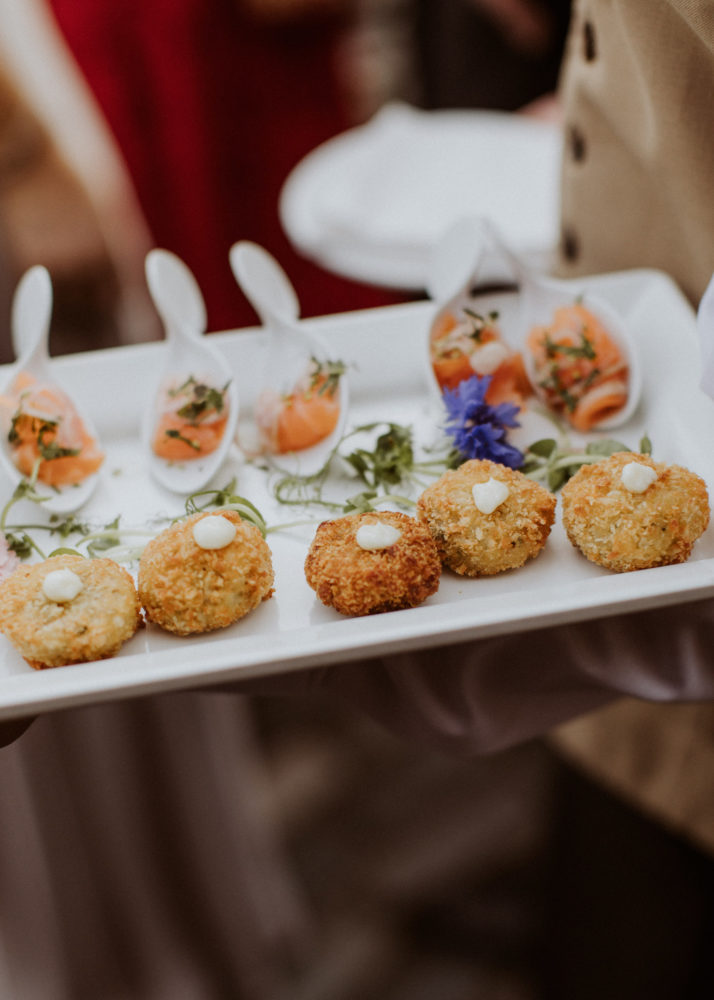
New takes on old classics
What is a traditional Irish wedding menu? Prior to the last century, you might have expected to find hearty everyday dishes, like stews, root vegetables, and soda bread. Today of course, many Irish weddings feature a global influence, with dishes and foods from all around the world. But increasingly, couples are opting for a contemporary take on traditional Irish wedding food. This approach makes the most of seasonal fare and locally sourced Irish ingredients. It’s also a chance for our fantastic culinary industry to show off, serving fresh takes on classic dishes that add a wonderful sense of place to the occasion.
Canapés are a great place to start. For example, smoked salmon on soda bread or blinis, lamb lollipops, or shots of leek and potato soup. For the mains, serve a traditional stew with gourmet cheese dumplings on the side, potato farls, or retro Colcannon. Ask your caterer for their ideas, and see if they can come up with some exciting variations!
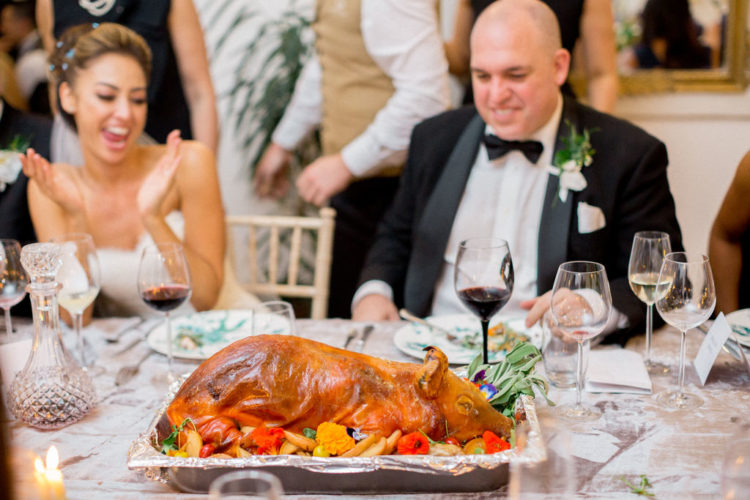
Serve seasonal foods and local ingredients
Having your wedding caterer use fresh seasonal produce and locally-sourced ingredients is a great way to give your wedding menu some Irish flare. Different regions of Ireland offer locally reared beef and lamb, beautiful fish and shellfish, and speciality items such as cheeses and black pudding. These can take centre stage or add a twist to any meal, while foraged greens would make for an extra special touch. Even if you’re planning a micro wedding from afar, you should be able to find some of these ingredients available, and they’ll give your guests a delicious preview of what they can expect at your Irish destination wedding.
Some of the best ingredients to consider include Irish wild venison, Wicklow lamb, Atlantic salmon, Mullaghmore Crab, Dublin Bay prawns, Gubbeen cheese, and rich Irish Cheddar.
Don’t forget the alcohol!
We do like a drink at an Irish wedding, but it isn’t just about what you serve at the bar. Alcohol can also add something special to your Irish wedding menu. For example, serve blackened salmon with a whiskey marinade, a starter of mussels in an Irish cider, a stout-infused stew, or an Irish cream based dessert. You can also create a whiskey tasting menu. It goes beautifully with a steak! For a traditional touch, serve guests honey mead, which has been served at weddings in Ireland for many centuries.
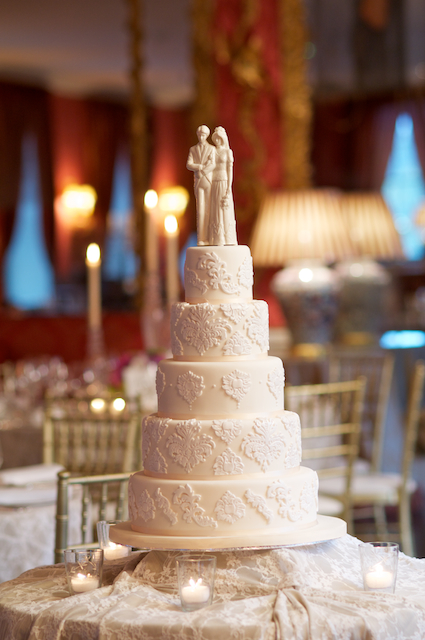
Have a traditional Irish wedding cake
Of course, if you’re having a traditional Irish wedding menu, you must have a traditional Irish wedding cake! This is a tiered fruitcake, soaked in whiskey, covered with thick marzipan and a sweet glaze. It is filled with almonds, raisins and cherries, and was often topped with four leaf clovers for good luck.
However and wherever you’re getting married, adding a touch of home to your Irish wedding menu is sure to go down a storm!
Slán go Fóill,
Tara
Images by Lisa O’Dwyer, Fred Marigaux Photography, Christina Brosnan Photography, Photogenic Photography





